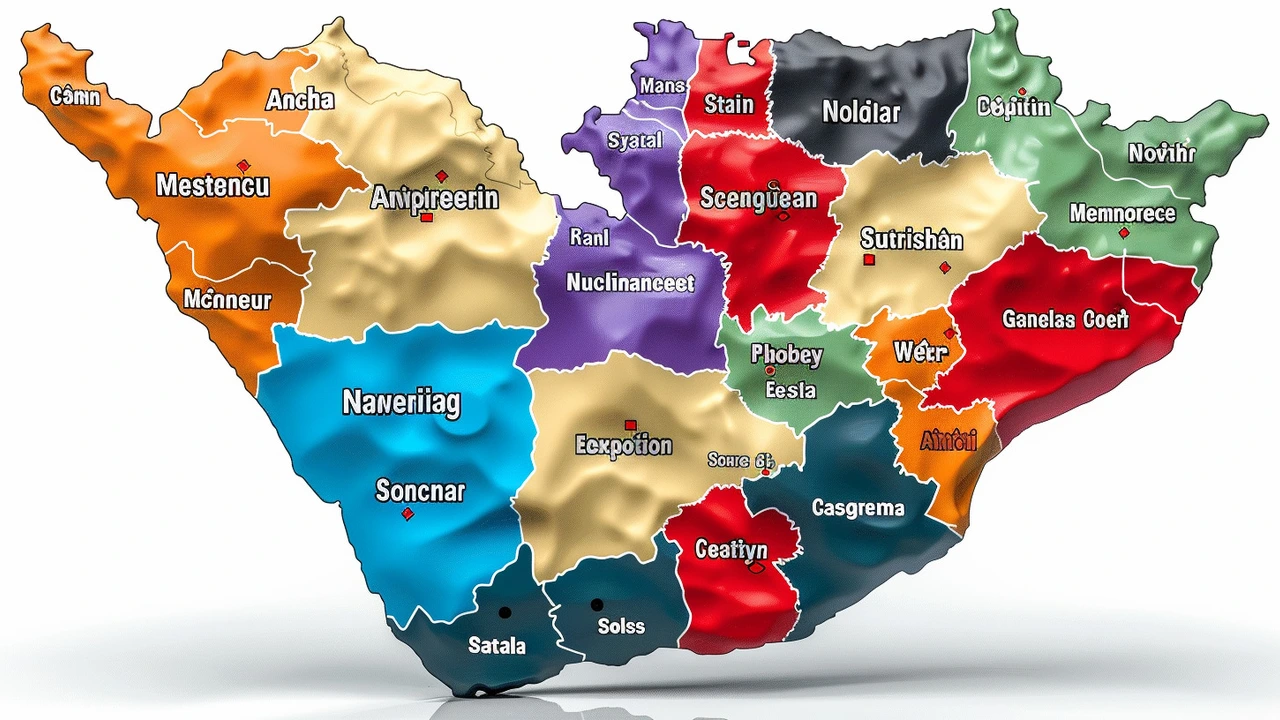Regional government: what it does and why you should care
Regional government runs the services you use every day: roads, schools, clinics, local policing and water. When a county or state makes a decision, it hits your wallet, your commute and your neighbourhood. That’s why local politics matters more than many people think.
How regional government affects you
Think about a new road or a delayed project. When Abia State opened the 46km Joe Irukwu Way, it changed travel times, safety and local trade. On the flip side, missed deadlines and idle foreign loans in Kenya cost taxpayers billions in penalties. Those are not abstract figures — they become broken clinics, unpaid contractors, or extra taxes down the line.
Regional leaders also shape daily life during crises. When a power utility shifts to loadshedding schedules, households and small businesses feel it immediately. Local policies affect jobs, school schedules and even who gets emergency services first.
Spotting what matters: projects, budgets and accountability
Want to follow regional government without getting lost? Focus on three things: project timelines, budget reports, and audits. Official budgets show planned spending; audit reports show what actually happened. If you see repeated delays, fines, or unexplained title use—like professional titles being misapplied—that’s a red flag for weak oversight.
Protests and public reactions are another signal. Large demonstrations often mean people feel unheard — watch how leaders respond. Are they opening dialogue, or tightening media and assembly rules? The response tells you a lot about local accountability.
How do you check facts quickly? Use local Auditor General reports, regional assembly minutes, and reputable local news outlets. Cross-check with public tender portals and project contractor lists. Social posts can flag issues, but official documents confirm them.
Want to do more than read? Attend council meetings, ask for meeting minutes, file freedom-of-information requests where available, or join community oversight groups. Even simple steps — taking photos of a stalled site, noting invoice numbers, or asking for timelines in writing — create records that matter if problems escalate.
Local elections change priorities fast. Watch who controls the purse strings and who sits on oversight committees. Change happens either at the ballot box or by sustained local pressure, not by waiting for national fixes.
Regional government shapes everyday life in practical ways. Keep an eye on budgets, audits and project timelines. Use official documents, attend meetings, and hold leaders to account. That’s how you turn news items into better services for your community.
